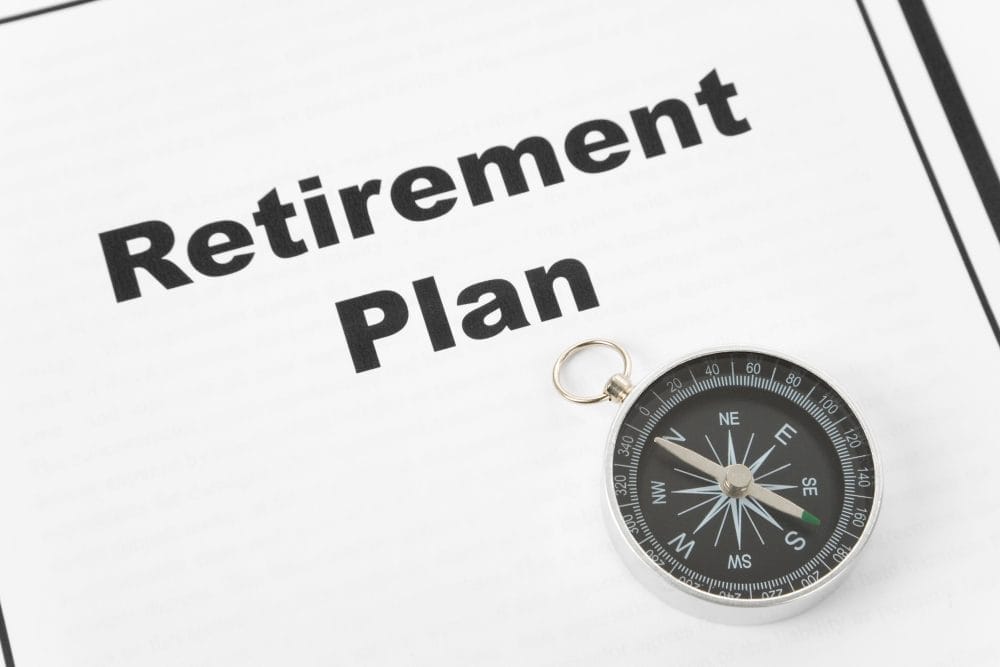Most employees know their company offers some sort of retirement plan, but millions still brush it aside. The irony is that these plans are often the easiest way to start building serious financial security. Skipping them means walking past free money, thanks to employer matches. Yet people procrastinate or avoid signing up as if paperwork is scarier than losing out on decades of compounded growth. The paradox is clear: something designed to help is ignored by the very people it’s meant to benefit.
The Fear of Complexity
Retirement plans often come with jargon that feels like it belongs in a finance textbook. Terms like vesting schedules, contribution limits, and target-date funds leave many employees overwhelmed. Instead of diving in, they back away to avoid making a “wrong” choice. This fear of complexity creates paralysis, which delays action. Unfortunately, waiting too long to contribute is often the most damaging mistake.
The Illusion of “Later”
One of the biggest reasons employees skip their retirement plan is the belief they’ll join eventually. It’s easy to think retirement is decades away and there’s no rush. But “later” often turns into never, and years of compounding slip by unnoticed. Even small contributions early on can grow into life-changing sums. By postponing, people unintentionally sabotage their future selves.
The Paycheck Pressure
For many, the thought of taking money out of their paycheck feels impossible. Bills, rent, groceries, and rising costs eat up most of what they earn. Contributing to retirement feels like giving up cash they desperately need now. What’s often overlooked is that even a small percentage can start the ball rolling without breaking the bank. The sacrifice today is usually far smaller than the payoff tomorrow.
The “I Don’t Know Where to Start” Problem
Some employees never enroll because they simply don’t know how. The forms, portals, and HR instructions can feel confusing or overwhelming. Without someone guiding the process, they leave the decision for another day. That delay often stretches into months or years before they even log in to check their options. A little direction could eliminate the barrier that keeps so many sidelined.
The Distrust Factor
Not everyone trusts their employer’s plan or the financial industry in general. Stories of high fees, shady practices, and market crashes make some wary of investing at all. This mistrust pushes them to opt out rather than take a chance. But avoiding the plan usually means missing out on tax advantages and employer contributions. While skepticism is healthy, total avoidance can be financially costly.
The Lack of Immediate Reward
Humans are wired to respond to instant gratification. Retirement plans offer the opposite: delayed rewards that won’t materialize for decades. Without a sense of immediate payoff, many employees prioritize short-term spending. Watching a streaming subscription bring joy today feels more satisfying than waiting thirty years for a retirement account to grow. Unfortunately, that short-term focus often leads to long-term regret.
The “I Already Have Other Goals” Excuse
Some employees skip retirement contributions because they’re focused on other financial goals. Saving for a house, paying off debt, or building an emergency fund feels more pressing. While those priorities are valid, they don’t have to be mutually exclusive. Even modest retirement contributions can coexist with other financial plans. Ignoring one entirely just makes the future harder to catch up with.
The Peer Pressure Effect
Workplace culture influences how employees approach their benefits. If no one talks about retirement plans, new employees may assume it’s not worth their attention. Without role models or conversations, signing up feels less urgent. On the flip side, when colleagues share success stories, participation tends to rise. Silence around the subject keeps the cycle of inaction going.
The “I’ll Handle It Myself” Mentality
Some employees believe they don’t need their employer’s plan because they’ll invest independently. While self-directed investing can work, it often requires discipline and expertise many don’t maintain long term. Employer plans offer tax breaks, automated contributions, and free matching funds. Skipping them means taking the harder road with fewer benefits. Independence is admirable, but ignoring free tools rarely pays off.
Why This Matters More Than Ever
Life expectancy is rising, and retirement could last decades longer than it used to. At the same time, pensions are disappearing, and Social Security may not cover everything. Employer retirement plans are often the main chance to build a reliable safety net. Ignoring them today creates massive financial stress down the road. The sooner people engage, the more power they give their future selves.
Don’t Let “Later” Win
Ignoring an employer’s retirement plan is like saying no to free money, long-term growth, and peace of mind. Most of the reasons people avoid them come down to fear, confusion, or short-term thinking. But every year of delay makes the climb toward financial freedom steeper. The smartest move is to start small, stay consistent, and take advantage of the tools already available.
What’s your take—why do you think so many people still skip out on such an obvious opportunity?
You May Also Like…
Could An Innocent Online Subscription Be Stealing Your Retirement
10 Little-Known Fees That Hide in Retirement Accounts
Are You Missing the Gender Gap in Your Retirement Calculator?
9 Retirement Gifts That Actually Cause Problems
Could Saving Too Much Actually Hurt You at Tax Time?








